 Welcome
Welcome
“May all be happy, may all be healed, may all be at peace and may no one ever suffer."
Hearing loss
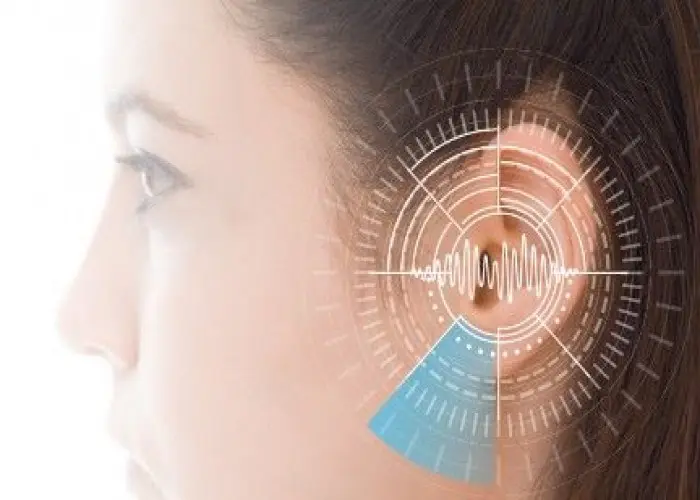
Hearing loss is a common condition that can affect people of all ages. It can be caused by a variety of factors, including exposure to loud noises, aging, infections, and certain medical conditions or medications.
There are several types of hearing loss, including conductive hearing loss, sensorineural hearing loss, and mixed hearing loss. Conductive hearing loss is caused by problems with the ear canal, eardrum, or middle ear and can often be treated with medication or surgery. Sensorineural hearing loss is caused by damage to the inner ear or auditory nerve and is often permanent. Mixed hearing loss is a combination of conductive and sensorineural hearing loss.
Symptoms of hearing loss can include difficulty understanding speech, frequently asking people to repeat themselves, turning up the volume on the TV or radio, and difficulty hearing in noisy environments. If you suspect you or someone you know may have hearing loss, it is important to see a healthcare provider for a thorough evaluation.
Treatment for hearing loss will depend on the underlying cause and severity of the condition. In some cases, simple changes such as removing excess earwax or switching to a medication with less ototoxicity can improve hearing. Hearing aids, cochlear implants, and other assistive devices can also help improve hearing for many people with hearing loss. In rare cases, surgery may be necessary to correct structural problems in the ear.
Preventing hearing loss involves avoiding exposure to loud noises, using ear protection when working in noisy environments, and taking breaks when listening to music or other loud sounds. Regular hearing screenings can also help detect hearing loss early and prevent further damage.
Research Papers
Disease Signs and Symptoms
- Trouble hearing consonants
- Decreased hearing
- Hearing problems or deafness
- Frequently asking others to speak more slowly, clearly and loudly
Disease Causes
Hearing loss
To understand how hearing loss occurs, it can be helpful to first understand how you hear.
How you hear
Your ear consists of three major areas: outer ear, middle ear and inner ear. Sound waves pass through the outer ear and cause vibrations at the eardrum. The eardrum and three small bones of the middle ear amplify the vibrations as they travel to the inner ear. There, the vibrations pass through fluid in a snail-shaped structure in the inner ear (cochlea).
Attached to nerve cells in the cochlea are thousands of tiny hairs that help translate sound vibrations into electrical signals that are transmitted to your brain. Your brain turns these signals into sound.
How hearing loss can occur
Causes of hearing loss include:
- Damage to the inner ear. Aging and exposure to loud noise may cause wear and tear on the hairs or nerve cells in the cochlea that send sound signals to the brain. When these hairs or nerve cells are damaged or missing, electrical signals aren't transmitted as efficiently, and hearing loss occurs.
- Higher pitched tones may become muffled to you. It may become difficult for you to pick out words against background noise.
- Gradual buildup of earwax. Earwax can block the ear canal and prevent conduction of sound waves. Earwax removal can help restore your hearing.
- Ear infection and abnormal bone growths or tumors. In the outer or middle ear, any of these can cause hearing loss.
- Ruptured eardrum (tympanic membrane perforation). Loud blasts of noise, sudden changes in pressure, poking your eardrum with an object and infection can cause your eardrum to rupture and affect your hearing.
Disease Prevents
Hearing loss
The following steps can help you prevent noise-induced hearing loss and avoid worsening of age-related hearing loss:
- Protect your ears. Limiting the duration and intensity of your exposure to noise is the best protection. In the workplace, plastic earplugs or glycerin-filled earmuffs can help protect your ears from damaging noise.
- Have your hearing tested. Consider regular hearing tests if you work in a noisy environment. If you've lost some hearing, you can take steps to prevent further loss.
- Avoid recreational risks. Activities such as riding a snowmobile, hunting, using power tools or listening to rock concerts can damage your hearing over time. Wearing hearing protectors or taking breaks from the noise can protect your ears. Turning down the music volume is helpful too.
Disease Treatments
If you have hearing problems, help is available. Treatment depends on the cause and severity of your hearing loss.
Options include:
- Removing wax blockage. Earwax blockage is a reversible cause of hearing loss. Your doctor may remove earwax using suction or a small tool with a loop on the end.
- Surgical procedures. Some types of hearing loss can be treated with surgery, including abnormalities of the eardrum or bones of hearing (ossicles). If you've had repeated infections with persistent fluid, your doctor may insert small tubes that help your ears drain.
- Hearing aids. If your hearing loss is due to damage to your inner ear, a hearing aid can be helpful. An audiologist can discuss with you the potential benefits of a hearing aid and fit you with a device. Open fit aids are currently the most popular, due to fit and features offered.
- Cochlear implants. If you have more severe hearing loss and gain limited benefit from conventional hearing aids, then a cochlear implant may be an option. Unlike a hearing aid that amplifies sound and directs it into your ear canal, a cochlear implant bypasses damaged or nonworking parts of your inner ear and directly stimulates the hearing nerve. An audiologist, along with a medical doctor who specializes in disorders of the ears, nose and throat (ENT), can discuss the risks and benefits.
Disease Diagnoses
Disease Allopathic Generics
Disease Ayurvedic Generics
Disease Homeopathic Generics
Disease yoga
Hearing loss and Learn More about Diseases

Cholera
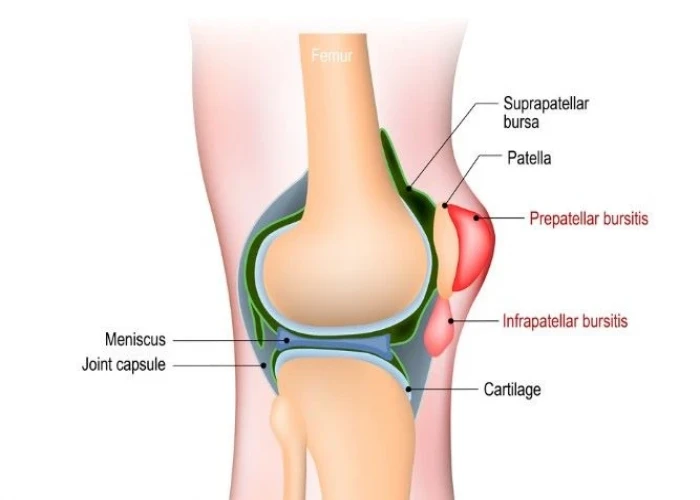
Knee bursitis
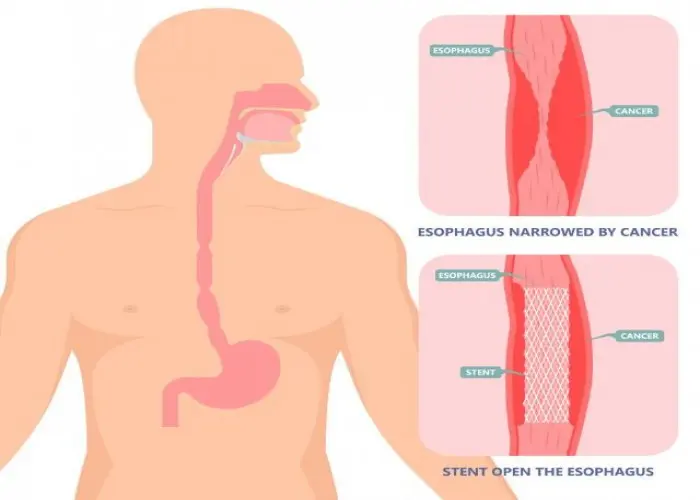
Epiglottitis
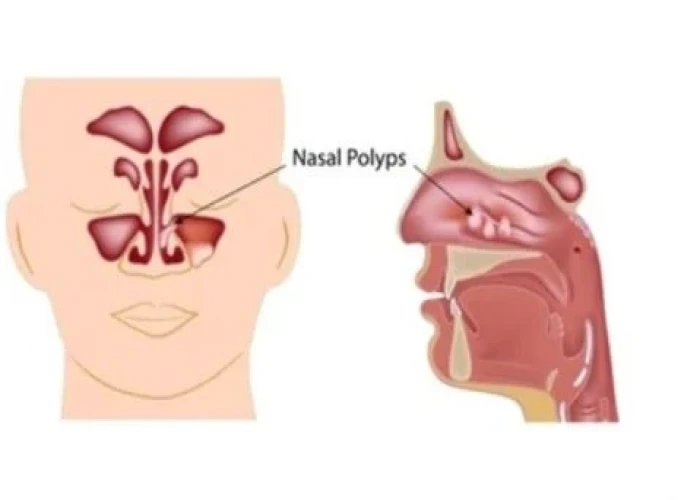
Nasal polyps

Bartholin's cyst
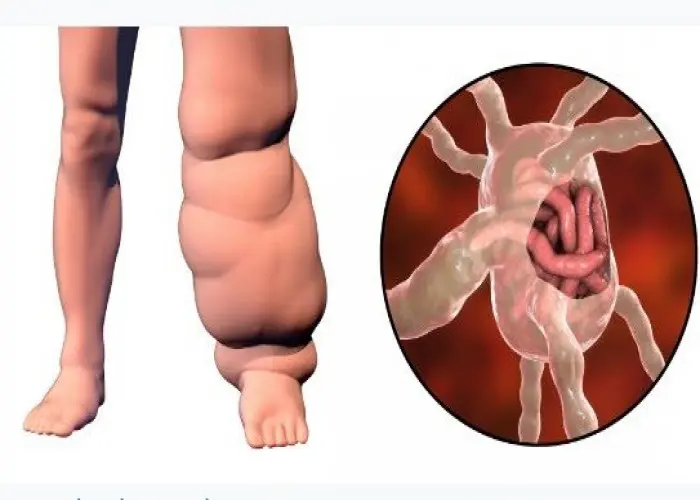
Filaria
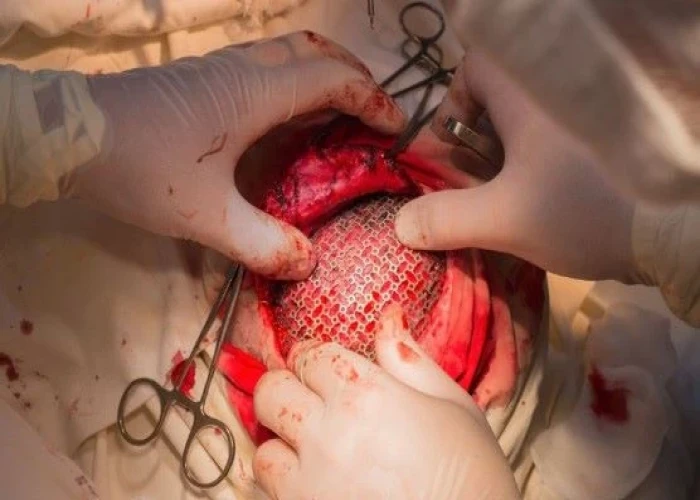
Pediatric brain tumors

Anal cancer
hearing loss, শ্রবণ ক্ষমতার হ্রাস
To be happy, beautiful, healthy, wealthy, hale and long-lived stay with DM3S.
